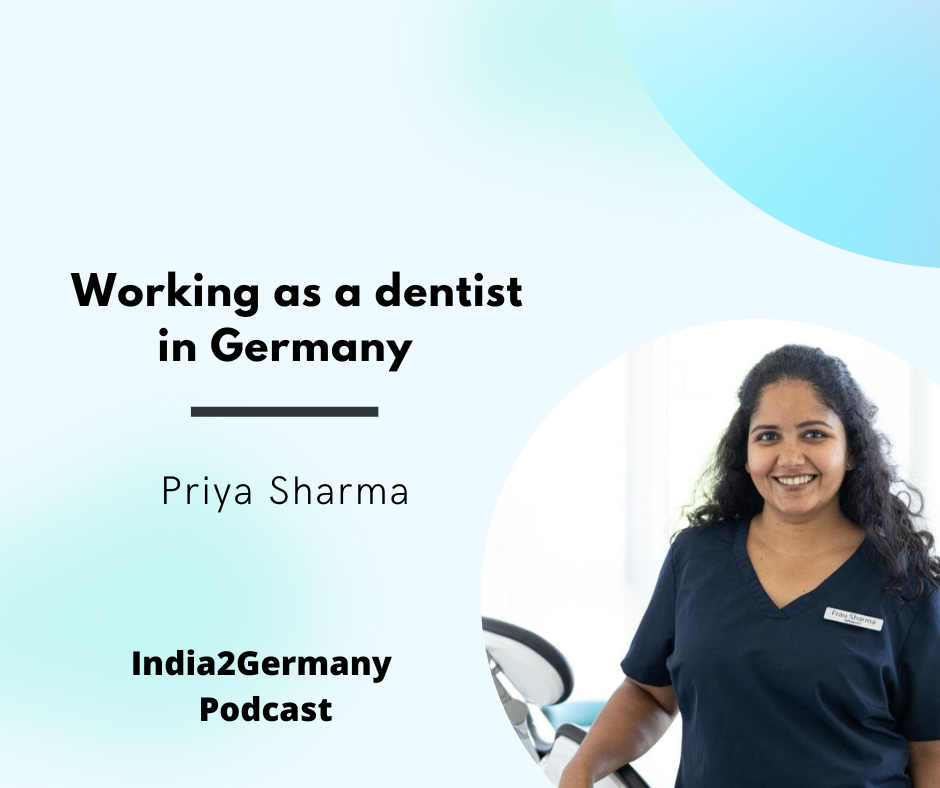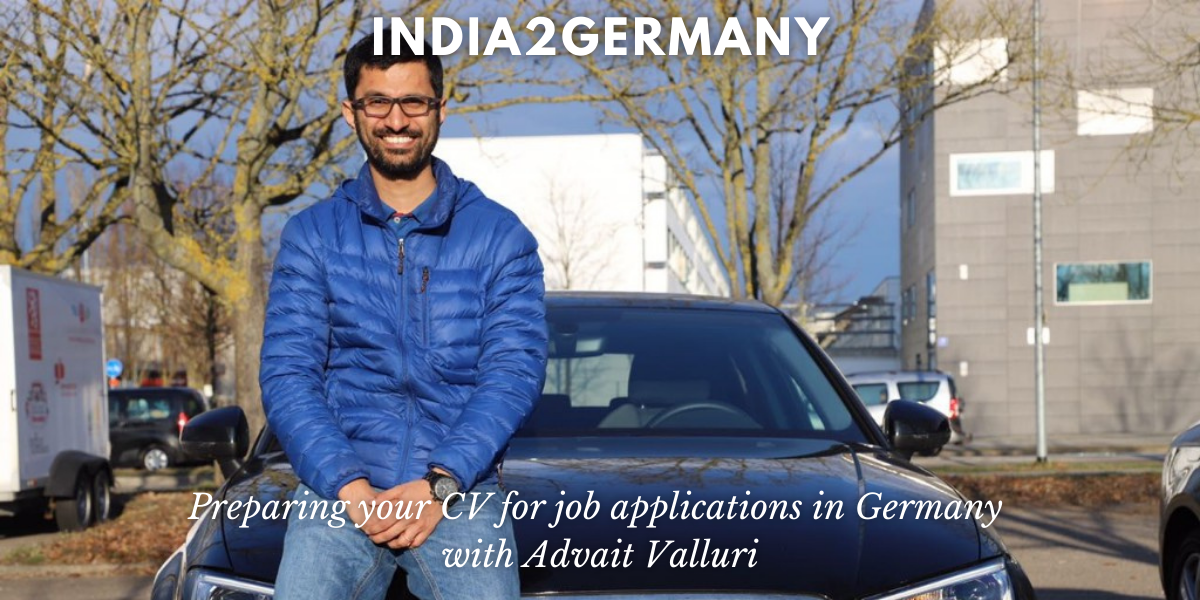
Types of visas for working in Germany
There are different options if you are thinking of applying for a visa to work in Germany. We explain their eligibility criteria and benefits.
Germany has been simplifying visa regulations and making them more attractive for qualified professionals from non-EU countries, including India. In fact, on the 1st of March 2020, a new law called the Skilled Immigration Act (Fachkräfteeinwanderungsgesetz) came into force which further increases the opportunities for qualified professionals to come to work in Germany.
Below we explain the different types of visas which Indians can apply for to come and work in Germany. Normally you have to apply for these at a German Embassy or Consulate in India, unless you are already resident in Germany, e.g., as a student, in which case you can apply at a Foreigner's Office (Ausländerbehörde) in Germany.
EU Blue Card
This is a special residence permit for qualified professionals. The following are the prerequisites to receive an EU Blue Card:
- University degree: a degree from a German university or a degree from an Indian university which is recognised in Germany would suffice.
- Job offer: an employment contract or a job offer for a position in Germany that suits the individual's educational background
- Minimum salary: a minimum gross (i.e., before tax deduction) annual salary of €43,056 in so-called shortage occupations e.g., in the MINT (Mathematics, Informatics, Natural sciences, Technology) and medicine fields, and €55,200 otherwise.
Work visa for qualified professionals
If you are not eligible for the EU Blue Card, you can apply for a "work visa for qualified professionals" to work in Germany under §18 of the immigration law. Prerequisites for a work visa for qualified professionals are:
- Vocational education or university degree: proof of completion of vocational or academic training
- Job offer: employment contract or a job offer for a position in Germany
- Approval from Federal Employment Agency: The Federal Employment Agency (Bundesagentur für Arbeit) conducts a check to ascertain that no German or EU citizens suitable for the job could be found and that the terms of employment, e.g. salary and working hours, match those offered to German employees. Note that this approval is not required for EU Blue Card applications.
Advantages of EU Blue Card over work visa for qualified professionals
The EU Blue Card offers some advantages over the work visa for qualified professionals. These include:
- Eligibility for permanent residence permit after 21 months with proof of good German language skills or 33 months otherwise
- Validity for up to 4 years
- Family reunion visa without the spouse’s need to prove German language skills
Job Seeker Visa
You can now also come to Germany without a job offer and look for a job here through the Job Seeker Visa. This visa typically gives you up to 6 months to search for a job. During that time, you are also allowed to take up 10 hours of employment as a trial before taking up a job. Once you have found employment, you can apply for the EU Blue Card or the work visa for qualified professionals. The prerequisites for the Job Seeker Visa are the following:
- Vocational education or university degree: proof of vocational or academic training
- German language skills: If you have completed vocational training, you must provide proof of possessing the German language skills (minimum level of B1)
- Financial means: Proof that you can cover your costs of living through a blocked account or a declaration of commitment (Verpflichtungserklärung)
Recognition of qualifications
Depending on your profession, for Blue Card, work visa for qualified professionals, as well as the Job Seeker Visa, before applying for a visa, you might need to get your qualification officially recognised. Further information can be found at https://www.anerkennung-in-deutschland.de/.
Read more about Job Seeker Visa in our article below.

Family reunion visa
You can also relocate and work in Germany on a family reunion visa if your spouse has an EU Blue Card or Residence Title for employment. The prerequisites for family reunion visa can be found here.
The Make it in Germany website is a great source for information about visas and other requirements for working in Germany.
📬 Subscribe to our newsletter to stay up-to-date! 👇
India2Germany Newsletter
Join the newsletter to receive the latest updates in your inbox.







